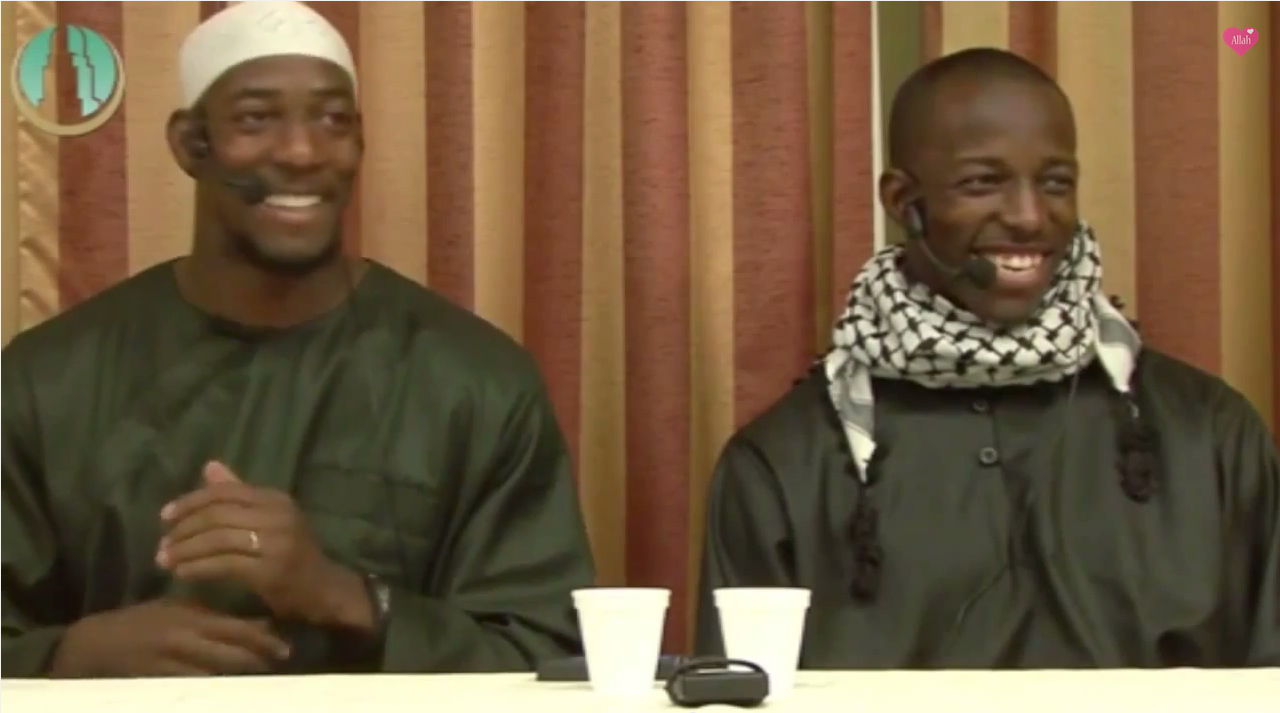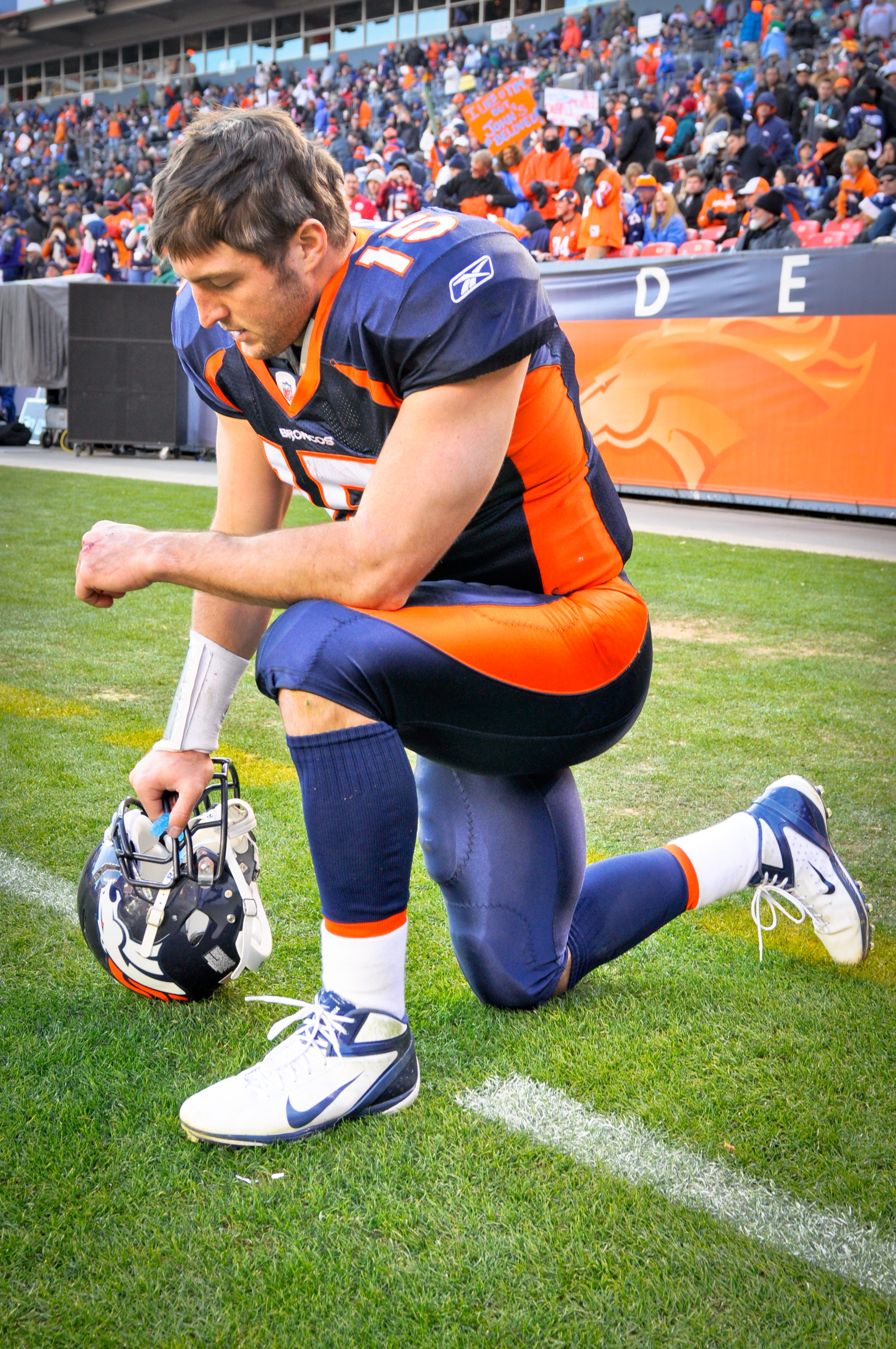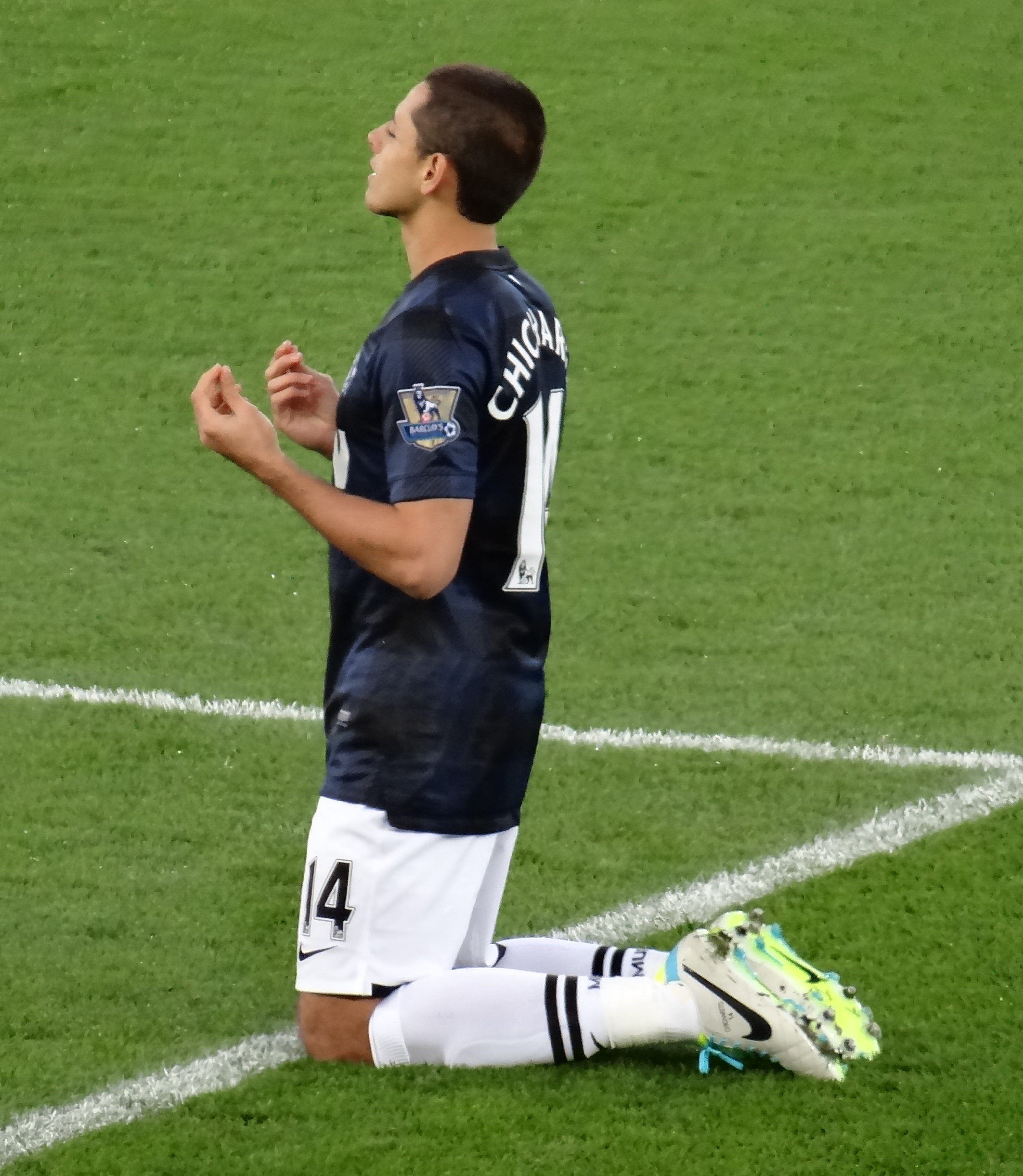
By Saadia Faruqi
The NFL made headlines yet again earlier this week for imposing a penalty on Muslim football player Hussain Abdullah and then promptly retracting the penalty and issuing an apology. Most people like myself heard of the apology before the penalty and had to backtrack to find out exactly what occurred on Monday night. I think Abdullah was confused by all the attention as well. His offense: prostrating in prayer after a touchdown in a game against the New England Patriots.

So what? you may ask. Football players and their fans have been praying for their teams and thanking God for their victories since the time the first Lord’s Prayer was recited in a high school gym somewhere before a game. Yet those who are fans of football or religion or some intersection of the two will be aware of two important points in this context. First and foremost, in some people’s minds there is a double standard that comes from penalizing a praying player when the player in question is Muslim, while Tim Tebow and other Christian players get accolades for joining in post-game prayer circles and pointing to heaven when they score. Obviously, and I should say thankfully, the NFL realized this before it got out of hand and retracted the penalty.
Does this mean we should forget the matter? The NFL probably thinks so, not wanting any more negative publicity regarding the religious or domestic issues of its players. But the media doesn’t forget that easily, especially where Islam is concerned. If Abdullah had been of another faith, or praying to another god, the subject would not have made front page news. But he is Muslim and he was praying to Allah. Within the space of a few hours, the problem was not football, nor was it prayer in general. It was religion, and judging from the brouhaha it aroused in the media, Islam specifically. Experts from across the political and religious spectrum weighed in, such as a USA Today op-ed by a pastor defending Abdullah’s right to pray.
To me, the matter is indicative of a deeper trend than double standards. It is one of a changing landscape of sports itself. Football is affectionately called a religion, especially in small towns in mid-America. Indeed, with the decline of formalized religion and a replacement of worship with Sunday little league games, football and other sports have loomed large in our national spiritual consciousness. Daniel Wann and his co-authors in the book Sport Fans: The Psychology and Social Impact of Spectators argue, “the similarities between sport fandom and organized religion are striking. Consider the vocabulary associated with both: faith, devotion, worship, ritual, dedication, sacrifice, commitment, spirit, prayer, suffering, festival, and celebration.”
Wann an his co-authors have noted that sports is indeed a religion where “spectators worship other human beings, their achievements, and the groups to which they belong.” And that sports stadia and arenas resemble “cathedrals where followers gather to worship their heroes and pray for their successes.” No wonder that prayer has always been a large part of our sports experience. A recent poll by LifeWay Research suggests that about 13% of Americans who pray say they pray for sports teams, compared with about 21% who say they have prayed to win the lottery. Another survey by Public Religion Research Institute suggested that the number of Americans who pray for their sports team may be as high as 26%. Overall, this survey found that half of sports fans see some aspect of the supernatural at play in sports, meaning they either pray to God to help their team, have thought their team was cursed at some point in time, or believe that God plays a role in determining the outcome of sporting events.

No wonder, then, that as Americans gravitate away from formal religion and the number of millennials who identify as nones comes to an all-time high, we look toward sports to appease our need for worship and praise. Football is the highest echelon of this religio-sports mania, but there are other national sports that we deem sacred, as Craig A. Forney in his book The Holy Trinity of American Sports: Civil Religion in Football, Baseball, and Basketball discusses. Here’s what the author description states about this holy trinity:
The Holy Trinity of American Sports explores how football, baseball, and basketball interact to illustrate civil religion in the United States. These three sports mark movement through one year in the country, providing extended seasons to supplement holidays like Memorial Day and the Fourth of July. Year after year, they generate ritual actions of daily, weekly, yearly, and once-in-a-lifetime significance. Football, baseball, and basketball portray three core stories of national worldview. Football depicts stories about the realities of life within history, while baseball expresses mythic aspiration for an ideal future. Basketball presents narrative of irreversible progress, story of fast-paced movement to highly productive conditions. Through stories of life, the three games convey doctrines about the source of truth, where to find knowledge of truths, and how to solve problems. Beyond doctrinal convictions, they disclose ethical beliefs of the nation for the worst, best, and most common situations. Functioning as a unit, the sports trinity communicates commitments to certain social arrangements, offering directives for interaction with people outside and inside the country. Football, baseball, and basketball possess great importance in the United States because they provide comprehensive and detailed illustration of American beliefs.

In this religious/cultural/entertainment sentiment that is purely American and predominantly Judeo-Christian, Hussain Abdullah’s impulse to prostrate before Allah can be seen as iconoclastic as Abraham breaking idols. Academically and intellectually the slow infiltration and even amalgamation of Muslim (and other) traditions into the Holy Trinity seems inevitable today. No doubt it will be resisted and a wide variety of reactions will occur; the media blitz over the NFL’s decision and apology were an example of that.
It remains to be seen where the trends will lead us in the next few years or even decades. We have Europe as an example, where the numbers and percentages of Muslims is much greater relative to the overall populations, and where Muslim players are more common, leading to arguably greater diversity in European sports religion. At home, American football grapples with a new god in terms of Muslim prostrations and perhaps even one day Islamic prayers during pre-game rituals, basketball struggles with changes in FIBA rulings regarding headgear bans, Olympic teams face fasting players, and sports all across America try to embrace diversity and plurality as the religion of sports attempts to embrace the devout from every tradition. That, then is the true tradition of American sports, and America itself.
Saadia Faruqi is a graduate student at Baker University’s Liberal Arts program, with a special interest in the intersection of sociology and religion. She writes about American Muslim issues at Tikkun Daily and Interfaith Houston. Follow her @saadiafaruqi.
